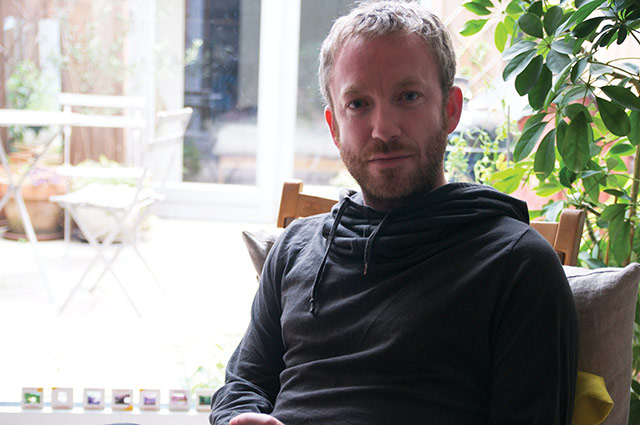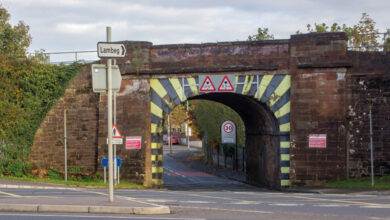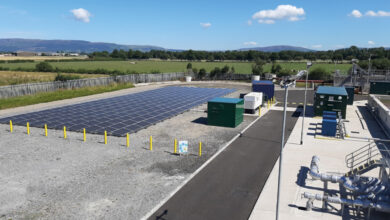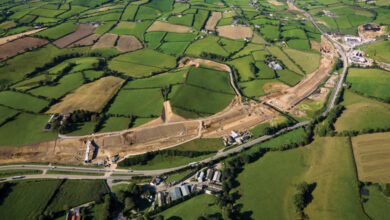Joining up local planning
 agendaNi talks to Michael Corr, Creative Director of PLACE, about their role in helping to develop Local Development Plans for the 11 district councils both internally and for Northern Ireland as a whole.
agendaNi talks to Michael Corr, Creative Director of PLACE, about their role in helping to develop Local Development Plans for the 11 district councils both internally and for Northern Ireland as a whole.
Since the devolution of planning to the 11 new councils, PLACE has been building relationships with the new council teams and helping councils across Northern Ireland to shape their Local Development Process in a variety of ways. Over the past year, as councils begin the LDP timetable, they have been assisting councils with the Pre POP (Preferred Options Paper) process of engagement, engaging with communities across District Electoral Area’s, highlighting the potential of the new process to the public and how they can influence this.
“The Pre POP process has been a learning curve for both councils and the public, as it’s a new and different approach. We sense that there is a lot of consultation fatigue and apathy out there, particularly with the public. People are unconvinced about the potential of change, and our workshops set out to challenge these preconceptions, to present a fresh approach to engagement and encourage people to get involved with planning,” said Corr.
With the new responsibilities bedding in, PLACE are working with a number of councils advising council officers and elected members on some of the critical issues that they will face in the LDP process and facilitating workshops across council teams, to ensure that there is a joined up approach to Spatial Planning and Community Planning across the new council area.
Corr added: “There is a danger, due to demanding timetables and the outputs required, that each council will focus internally on their local development plan process and our responsibility as an organisation is to act as a glue between councils. As an honest broker, PLACE can provide a space for collaborative thinking and the sharing of ideas and issues across councils. Most recently we have been working with Arup, to create a forum for councils across the region, based on the Scottish Local Authority Urban Design Forum to provide this ‘space’. Each forum workshop is tailored to a particular issue that is faced by the councils as they move through the timetable of their LDP process, bringing in specialists both locally and from across the UK to advise on best practice.”
PLACE were previously involved with the creation of Living Places, Urban Stewardship and Design Guide Design Guide for Northern Ireland and view the document as an important vehicle for positive planning change. Reaching out across the region PLACE undertook a series of training workshops in each of the new council areas in how to use the document in practice, with planners, architects, developers and community groups.
“Together with the DOE and the Strategic Design Group (formed of public and private built environment experts), we are currently looking at ways in which this document can help guide early decision making around place making in the LDP process, embedding its 10 qualities within the plans and keeping the document ‘live’ through a living archive of best practice examples.
“We feel that it is essential that everyone seizes the opportunities that the new plan process presents and it requires professionals, politicians and the public to work together to do this. I have seen firsthand the difference that well organised planning teams can make through intelligent and ambitious plan making and at PLACE we will use our expertise to do everything that we can to assist with this process going forward.”
Michael Corr was appointed Creative Director of PLACE, the Built Environment Centre for Northern Ireland, three years ago. Although formally trained as an architect, he previously worked for the Greater London Authority on Design for London, advising councils across London on strategic planning and major regeneration projects. He returned to Northern Ireland seeing the potential in the formation of 11 new councils, a new planning process and the creation of Local Development Plans for each of these council areas.





